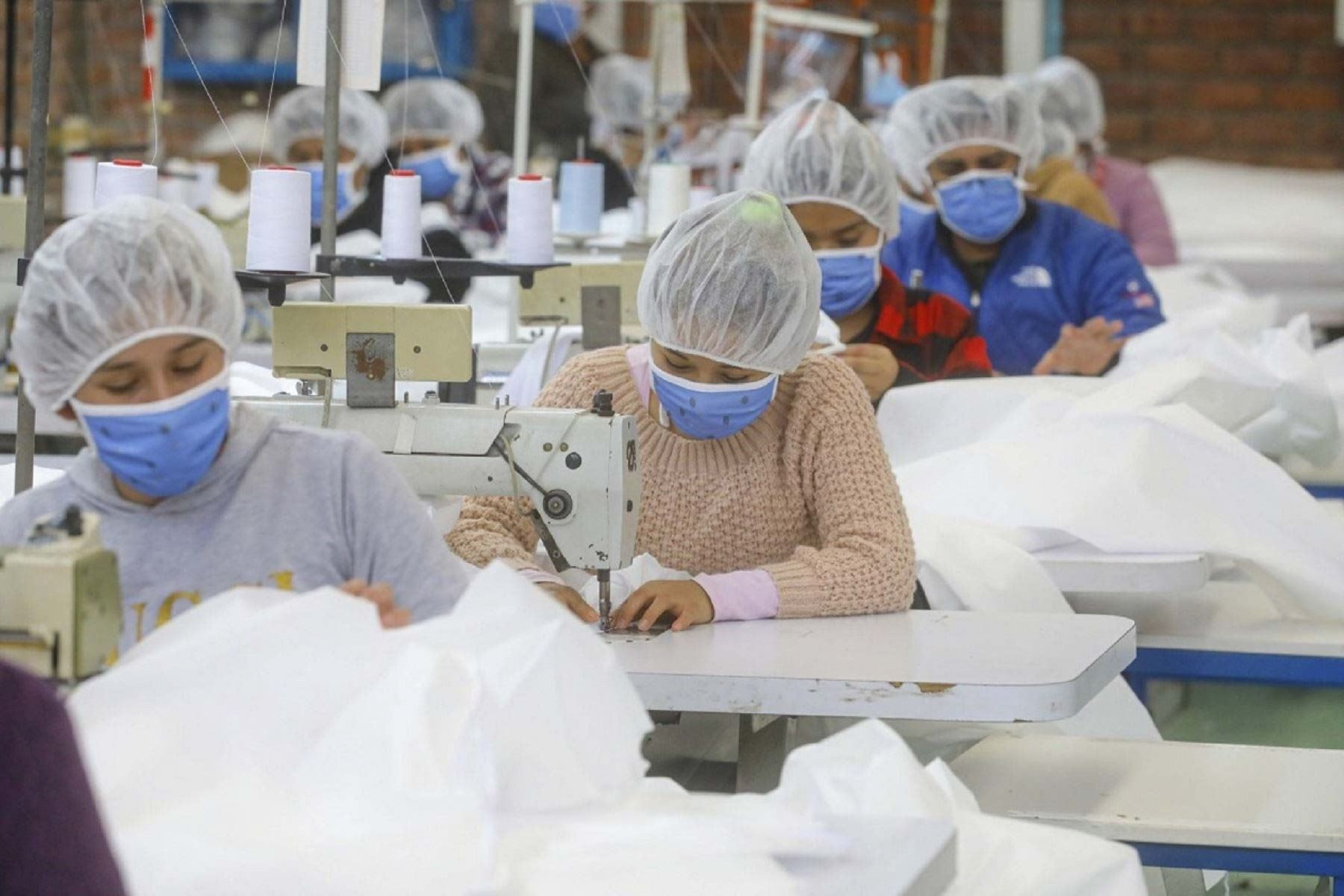
Juan José Córdova, president of the Garment Committee of the Association of Exporters (ADEX)pointed out that exports of clothing could present a contraction of 20% to 30% for the second half of this year, mainly due to the excess inventory of large international brands.
However, he also reiterated that the situation will normalize at the beginning of 2024, since it is expected that customers will stabilize their consumption.
“Many brands worldwide have an overstock of up to 3 or 4 months due to a higher sales projection in 2022, but that did not work out, harming our exports. But not everything is bad, the consumer continues to buy at pre-pandemic levels and the imminent correction will take place this year, hoping to have a corrected 2024 and with better production levels than in 2019”, explained Córdova.
In this sense, he recalled the challenges that the Peruvian economy faced last year, both at the local level due to the socio-political crisis that took place and external factors such as uncontrolled inflation and faulty distribution chains, which harmed the growth of the sector.
Along these lines, he specified that “an increase of almost 30% in the US$ FOB amount was obtained, but if we analyze it carefully, only 15% was due to the greater volume of exported garments,” he asserted. In addition, half of that increase responded to higher prices (as a result of inflation, increased costs); however, he pointed out that it should be considered that this scenario was global and had an impact on competing economies such as Sri Lanka, Vietnam, Bangladesh, Honduras, El Salvador and Guatemala.
It should be noted that the ADEX Clothing Committee was in favor of Bill No. 5380-2022 (Law that promotes the economic reactivation and employment of the textile and clothing sector) presented by the Executive on June 16, and He advised complementing it with other projects in order to strengthen the sector.
“Project Law No. 1567, presented to the Parliamentary Economic Commission in March 2022, includes benefits such as an 8% bonus on the Minimum Vital Remuneration (RMV) for workers who choose to participate in this regime (with daily salary not less than S/46.64), or the distribution of 100% of profits to be distributed among the collaborators based on and in direct proportion to the days actually worked,” added Córdova.
Likewise, ADEX was also in favor of Bill No. 5118, presented to the Production Commission in May 2023, on income tax, which seeks to discount up to 50% when companies use the discounted amount to invest in land and infrastructure, machinery and equipment aimed at improving processes, new labor and/or improvement of working conditions.
Source: Larepublica
Alia is a professional author and journalist, working at 247 news agency. She writes on various topics from economy news to general interest pieces, providing readers with relevant and informative content. With years of experience, she brings a unique perspective and in-depth analysis to her work.











